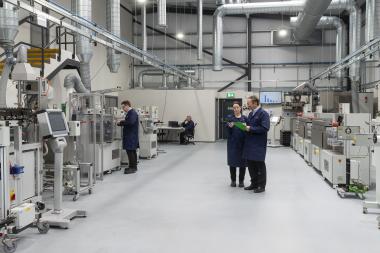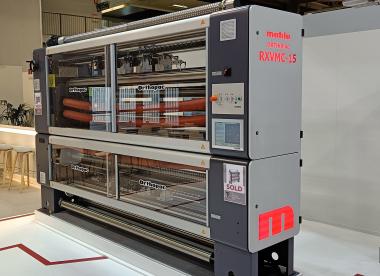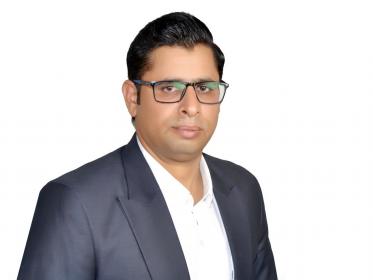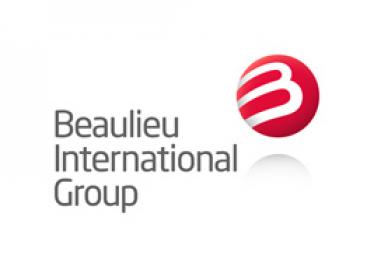OETI offers ZDHC training for India's textile and leather industry
OETI, a Member of TESTEX Group, is an official ZDHC Approved Solution Provider under the ZDHC Roadmap to Zero Programme. Expanding beyond its existing role as a ZDHC Approved MRSL Certification Body for OEKO-TEX® ECO PASSPORT around the globe, OETI now offers comprehensive ZDHC training services in India.
The ZDHC (Zero Discharge of Hazardous Chemicals) Roadmap to Zero Programme drives sustainable chemical management in the global textile, apparel, leather, and footwear sectors. OETI's ZDHC training services empower brands, manufacturers, and other ZDHC stakeholders to master sustainable chemical management, adopting ZDHC guidelines, platforms, and solutions.
This programme delivers a comprehensive understanding of chemical management systems (CMS) and their practical implementation within the textile and leather industries. Targeting various organisational departments, including management, chemical teams, procurement, compliance, and sustainability, this training fosters collaboration within the departments regarding sustainable chemical management.































